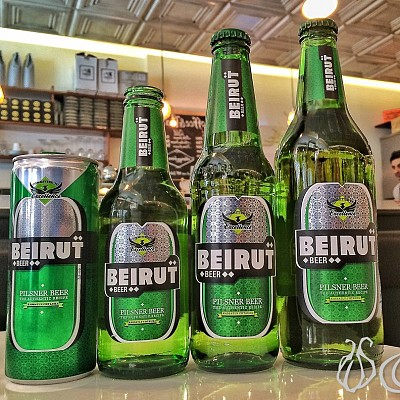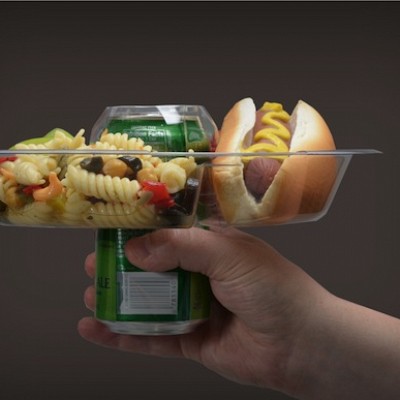Traveling often provides the opportunity to discover unique local brews that you might want to bring home as a souvenir. However, navigating airport security and customs with beer can be a complex process, subject to various regulations and restrictions.
This article aims to provide a comprehensive guide on what you need to know about bringing beer through airport security, ensuring you can transport your favorite brews home safely and legally.
Airline Policies on Alcohol Transportation
Different airlines have varying policies regarding the transportation of alcohol, including beer. Typically, beer must be packed in checked luggage rather than carry-on bags due to liquid restrictions in hand luggage. However, there are some key considerations:
- Quantity Limits: Most airlines follow the International Air Transport Association (IATA) guidelines, allowing up to 5 liters of alcohol per passenger if the alcohol content is between 24% and 70% ABV. Beer, which generally has an ABV of less than 24%, is often subject to more lenient limits, but you should always check with your specific airline.
- Packing Requirements: Beer bottles and cans should be securely packed to prevent breakage and leakage. Using padded dividers, bubble wrap, or specialized beer carriers can help protect your beer during transit.
Country-Specific Import Regulations
When bringing beer into a country, you must comply with that country's customs regulations, which can vary widely:
- Duty-Free Allowances: Many countries have duty-free allowances that let you bring in a certain quantity of beer without paying additional taxes. For example, the United States allows travelers to bring up to 1 liter of alcohol duty-free. Amounts above this may incur customs duties and taxes.
- Restrictions and Prohibitions: Some countries have strict regulations on alcohol imports. For instance, certain Muslim-majority countries may prohibit alcohol entirely, while others might have stringent limits and high import duties.
Preparing Beer for Travel
Proper packing is crucial to ensure your beer arrives intact:
- Use Sturdy Packaging: Invest in sturdy, protective packaging specifically designed for transporting bottles and cans. Hard-sided suitcases or specialized shipping boxes with padding are ideal.
- Seal Bottles and Cans: Ensure all containers are tightly sealed to prevent leaks. Consider using plastic wrap or tape around the caps and lids for added security.
- Distribute Weight Evenly: Pack your beer in the center of your luggage, surrounded by clothing or other soft items to cushion impacts. Distributing weight evenly helps prevent damage and makes your bag easier to handle.
Handling Fragile Items
Beer bottles and cans are fragile and can break or burst under pressure. Here are some tips to minimize the risk:
- Bubble Wrap: Wrap each bottle or can individually in bubble wrap or padded sleeves to absorb shocks.
- Plastic Bags: Place wrapped items in resealable plastic bags to contain any spills in case of breakage.
- Dividers: Use cardboard or foam dividers to keep bottles and cans from clinking against each other.
TSA Guidelines for Alcohol
In the United States, the Transportation Security Administration (TSA) has specific guidelines for transporting alcohol:
- Carry-On Restrictions: Liquids in carry-on bags must follow the 3-1-1 regulation: each container should be 3.4 ounces (100 milliliters) or smaller, all containers must be placed in one quart-sized plastic bag, and passengers are allowed only one bag per person. This effectively prohibits carrying beer in carry-on luggage.
- Checked Baggage: There are no size restrictions for liquids in checked baggage, but the packaging must prevent leaks. The TSA recommends using leak-proof containers and advises against placing alcohol in checked bags that may be mishandled.
Customs Declarations
When arriving at your destination, you will need to declare your beer at customs:
- Fill Out Declaration Forms: Be honest about the quantity and type of alcohol you are bringing. Inaccurate declarations can result in fines or confiscation of your items.
- Customs Inspection: Be prepared for customs officials to inspect your luggage. They may ask questions about your beer and may check to ensure it complies with import regulations.
- Paying Duties and Taxes: If you exceed the duty-free allowance, you may need to pay customs duties and taxes. These fees vary by country and are based on the quantity and value of the beer.
Legal and Safety Considerations
Ensure you are aware of the legal drinking age in both your departure and arrival countries. In some cases, travelers under the legal drinking age may not be allowed to bring alcohol into a country, even if it is for personal use.
Prohibited Items
Be aware of items that are prohibited from import. Some countries may have specific bans on certain types of alcohol, including Samuel Adams Utopias or Trappist Ale with high alcohol content or those containing certain ingredients.
Alcohol Restrictions on Domestic Flights
If you are traveling domestically, check local regulations. Some regions within a country may have their own rules regarding the transportation of alcohol. For example, certain U.S. states have restrictions on alcohol transportation.
Conclusion
Bringing beer through airport security and customs requires careful planning and adherence to regulations. By understanding airline policies, country-specific import laws, and proper packing techniques, you can ensure your beer arrives home safely and legally. Always stay informed about the latest regulations and best practices to enjoy your favorite brews without any hassles. Safe travels and happy beer transporting!






































